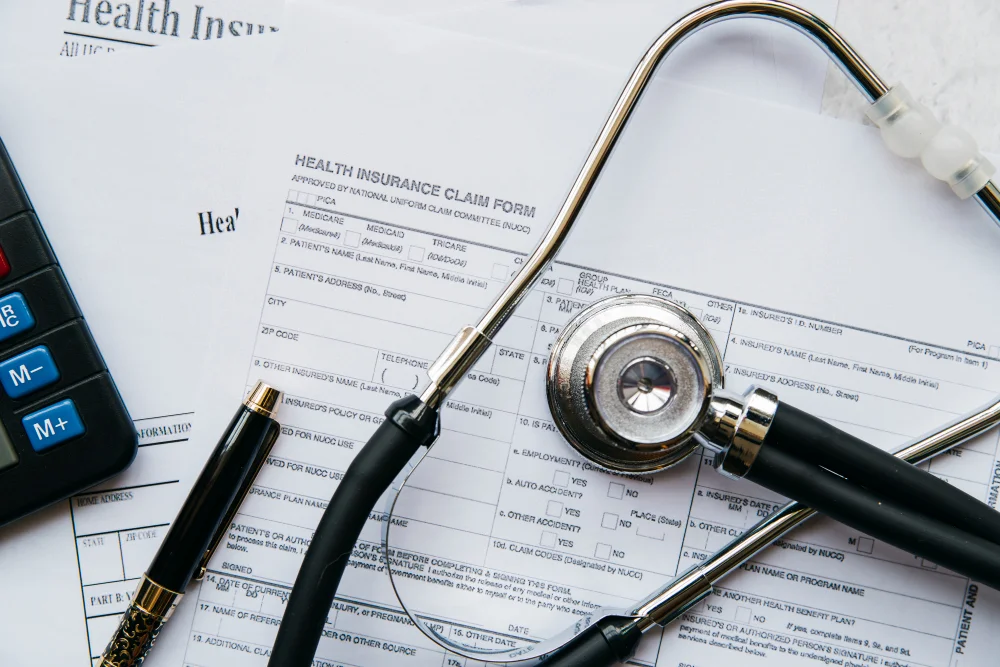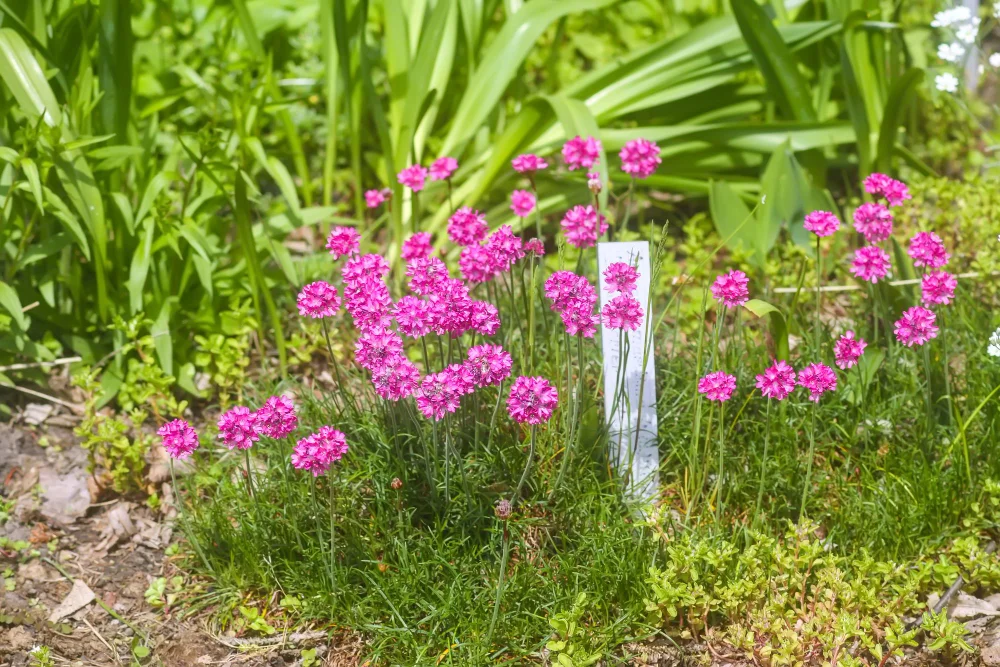With hurricane frequency, intensity, and duration continuing to increase as the climate warms, more homeowners are becoming concerned about protecting their property from hurricanes. Hurricane season is from June to November in the U.S.
You need to know how to protect your homes from strong winds and keep your family and belongings safe when a hurricane is on the way. There are many ways you can prep your house for a hurricane, so it’s important to know and do these things.
Planning ahead is one of the best things you can do to keep your home and your loved ones safe. We’ll provide expert tips for hurricane readiness, such as protecting your home and your family, as well as helping you determine if you need hurricane insurance.
#1 – Have Hurricane Insurance Coverage
Your house is one of your biggest assets, so you will want to protect your home and belongings in the case of major disasters, including hurricanes. In the US, the east coast and southeast coasts are the most common areas affected by strong winds and floods. Some states require homeowners to have a separate policy deductible for hurricane insurance coverage.
Wind damage from a hurricane may not be covered by your normal homeowner’s insurance policy and flood damage from a natural disaster is usually not covered. It’s important to understand your policy and state requirements to make sure your home is covered. You can compare quotes online or work with an insurance agent to determine what hurricane insurance coverage is needed and the costs of that coverage.
#2 – Stock up on Essentials
You should have enough extra food and supplies in case you are without power or unable to travel due to road closures. You don’t want to have to depend on your refrigerator or freezer items if the power is out for multiple days. Having an emergency supply list will help keep you organized and prepared for all emergencies, not just hurricanes.
If you do lose power, try to eat cold or frozen foods first. Food essentials such as bottled water and non-perishable food items are important to have on hand. Peanut butter, canned tuna, dried fruit, nuts, canned fruits, canned vegetables, and crackers are options to keep stocked up on in your pantry or kitchen.
Essential supplies include eating utensils, a first aid kit, medications, flashlights, batteries, blankets, and a radio. You should also make sure any documents are protected by something that is waterproof. It’s also important to make sure you also have pet food and supplies
Surge protectors are another essential during a hurricane to protect all of your large appliances, like refrigerators, air conditioners, televisions, and computers. Power surges during a storm could damage your appliances so surge protectors are necessary.
#3 – Seal Windows and Doors
One of the things to prepare a house for a hurricane is to check all of your windows and doors and make sure they are securely sealed. This includes the garage door. Any weak spots in your home could lead to interior damage, flooding, or injury to the people inside. You must also pay attention to your roofing selection to protect your home from such weather disturbances.
Hurricane shutters or plywood panels can protect your windows from breakage. If a window is damaged or broken during a storm, this can allow wind and rain to damage the inside. It also allows wind inside the home, which could apply pressure to the roof and cause major damage to the home.
#4 – Make a Plan
Your family should have a plan in place when a hurricane is on its way. Some homes are unsafe to stay in during a strong storm, so an evacuation plan is necessary if that’s the case. You should ensure you have a full tank of gas and you are up to date on maintenance and repairs so you can head out without any issues.
During an evacuation, there may be a lot of traffic or certain roads may be closed so plan your trip accordingly. Fuel and other supplies may also be limited along certain routes. Make sure you allow plenty of time to get to your destination due to traffic or road closures.
If you will shelter-in-place, make a plan for where your family will go inside your home when the storm hits. Having games, books, or other activities will help pass the time if you lose power during the storm. You should stay indoors until law enforcement or other authorities say it is safe to go outdoors.
Make sure you have a plan for your pets too. Consider where outdoor pets will go and if pets will also be traveling with you. You should also have a communication plan with family members so they know you are safe because cell phone and wifi networks may be down for a period of time before or after a hurricane.

#5 – Get a Generator
A generator or other standby power can help provide power if there is a long-term electricity outage. The best time to buy a generator is during the time outside of hurricane season because inventory will be low if a storm is approaching.
You will also need to make sure the generator is full of fuel. There are different types of generators so you should also understand how the generator works and what items can be powered using the type of generator that you have. Make sure to observe proper maintenance for your generator so you can use it for many years to come.
#6 – Take Care of the Outside
There are things you can do outdoors in the days leading up to a storm to hurricane-proof your home. Trim trees, clear your yard, clean your gutters, check your roof, and secure outdoor items should be done three to five days before a storm hits.
First, trim trees and clear your yard of any loose branches. Weak or dead branches could fall and damage your roof or home during a strong storm. Taking some time to trim trees, bushes, and clear your yard of any debris can help protect your home.
Next, keep your gutters clean. Clean gutters will allow water to drain properly away from your home. Hurricanes can create strong storms with lots of rain, so you want to take this step to prevent flooding around your home.
Check your roof for any weak spots or loose shingles. Roofing cement is a quick fix for any loose shingles, small holes, or cracks in your roof. This is one simple step to protect your roof and your home.
You should also secure outdoor items. Furniture, toys, trash cans, or other outdoor items should either be moved inside or strongly secured outside. Pools and pool furnishings should be brought inside, submerged in the pool, or moved to a safe location.
Preparing your home before a storm can help lessen the damage caused by strong winds and excessive rainfall. These steps can help keep your home, your property, and your loved ones safe in case of an impending hurricane. A hurricane survival guide can also help you understand what to do before and during a strong storm.
Melissa Morris writes and researches for the insurance comparison site, Clearsurance.com. She is a university professor and has lived in Florida during hurricane season for six years.


















